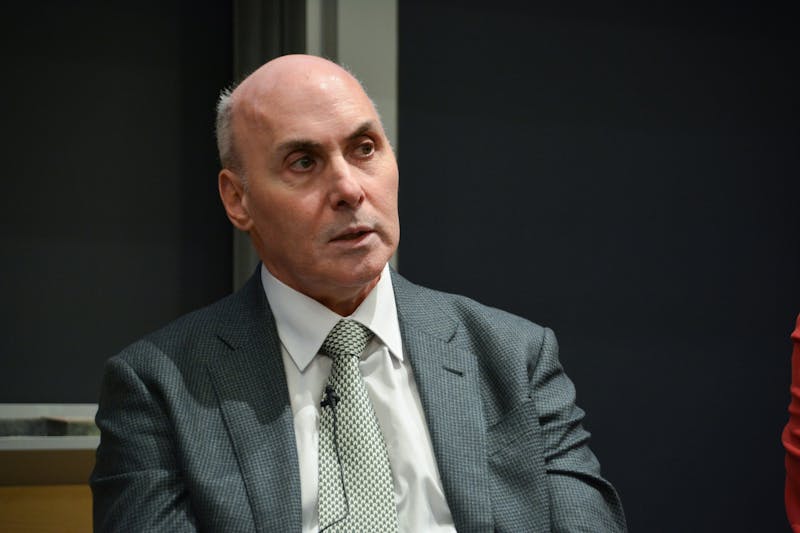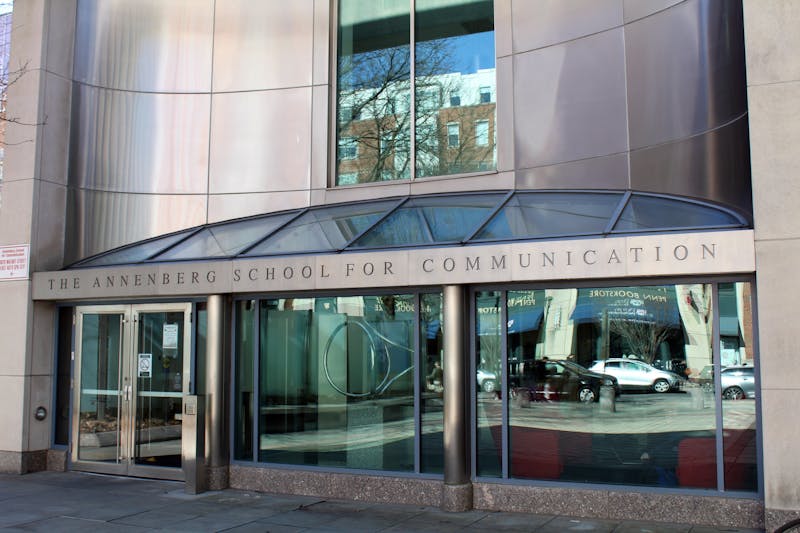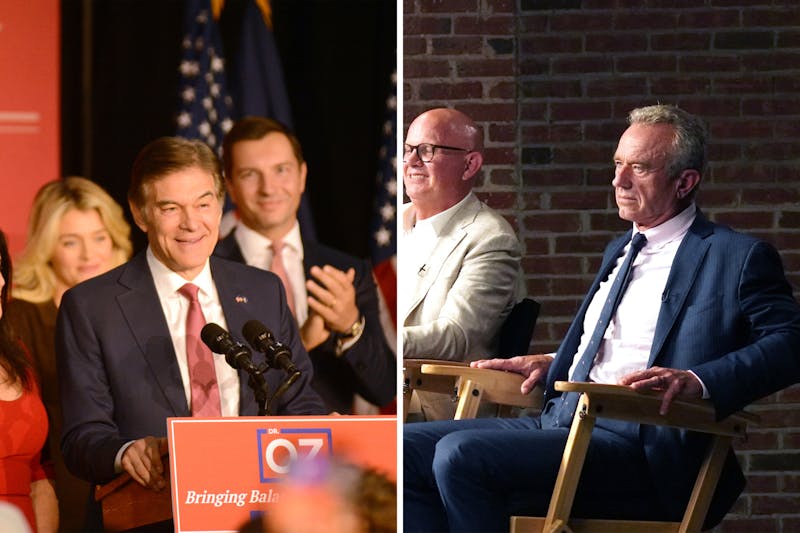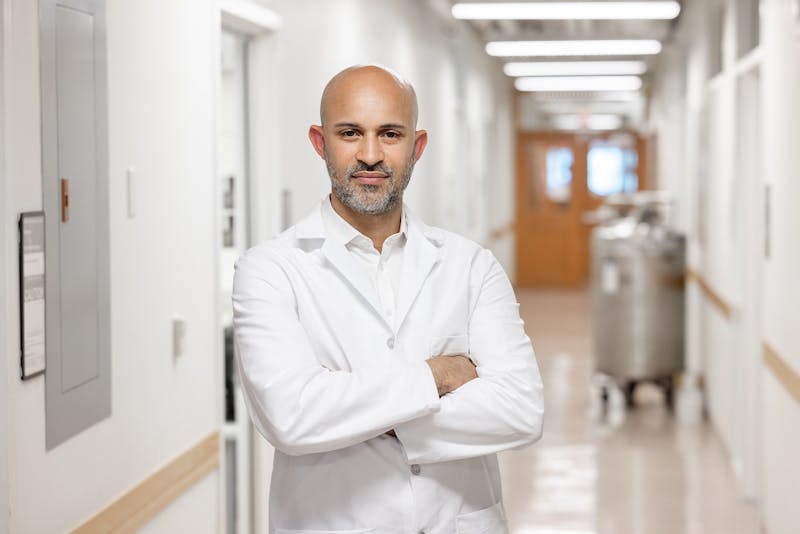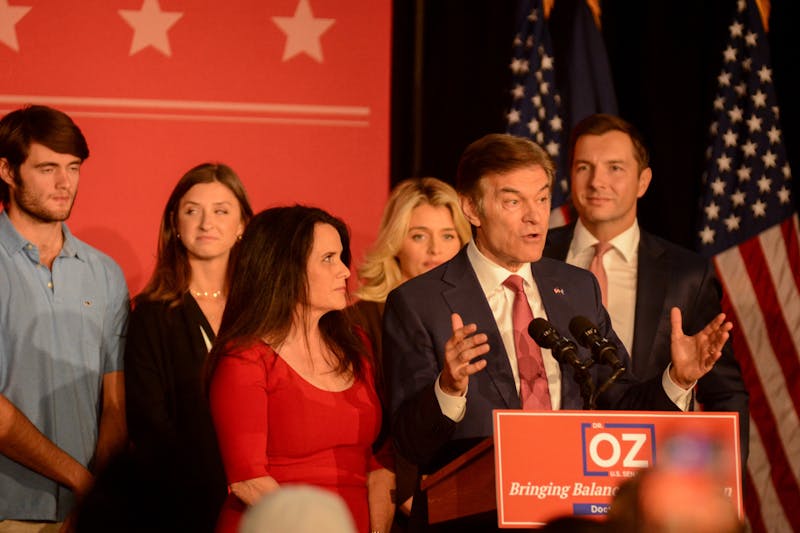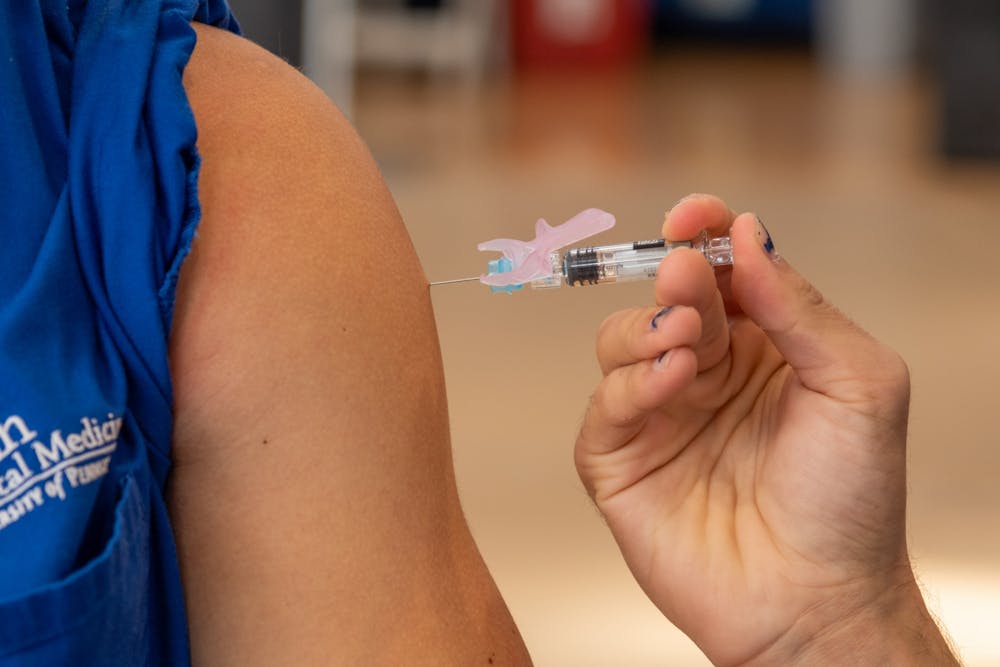
Perelman School of Medicine Professor Emeritus Stanley Plotkin gathered Philadelphia health experts to discuss potential challenges for public health under the second Trump administration.
Credit: Abhiram JuvvadiIn December of 2024, Perelman School of Medicine Professor Emeritus Stanley Plotkin gathered over a dozen Philadelphia health experts on a Zoom call to discuss potential challenges for public health under the second Trump administration.
Plotkin — nicknamed the “godfather of vaccines” — organized the virtual meeting to discuss strategies for addressing potential challenges to vaccine policy and science. Known for developing the rubella vaccine, Plotkin raised concerns about the potential impact of recent political developments on immunization efforts.
“I’ve spent my life trying to prevent disease,” Plotkin told The Philadelphia Inquirer. “Now, I fear we’re on the brink of losing hard-won progress.”
The experts on the Dec. 11, 2024 call represented a wide array of public health organizations, advocacy groups, and concerned citizens. The focus of their discussion was the anticipated impact of 1968 Wharton graduate and President-elect Donald Trump’s controversial health appointments, including Robert F. Kennedy Jr., a vocal anti-vaccine activist nominated as health secretary, and Dave Weldon, a former congressman and vaccine skeptic, tapped to lead the Centers for Disease Control and Prevention.
Kennedy’s alleged history of promoting vaccine misinformation composed a significant part of the experts’ conversation. In 2022, Kennedy’s legal team petitioned to revoke approval of the polio vaccine and sought to restrict the use of other lifesaving immunizations. Trump himself recently stated he would maintain access to the polio vaccine but opposed school vaccine mandates, creating further uncertainty for public health experts.
“We’re preparing for an erosion of both public perception and access to vaccines,” Paul Offit, a pediatrician and vaccine expert at the Children’s Hospital of Philadelphia, said.
The group avoided detailed plans, focusing instead on broad strategies to counter misinformation and anticipate policy changes. They highlighted the need for clear, evidence-based messaging to rebuild trust in vaccines, which, according to Offit, have been eroded by years of conspiracy theories and strict pandemic regulations on schools and businesses.
Despite the challenges discussed, Offit found the meeting to be energizing, emphasizing his feeling that they are “not alone in this fight.”
Looking ahead, Plotkin and his colleagues anticipate continuing misinformation to be a major battlefront in 2025. While the group emphasized the importance of advocacy, they also acknowledged the possibility that outbreaks of preventable diseases, such as measles, may be necessary to shift public opinion on vaccines.
The Daily Pennsylvanian is an independent, student-run newspaper. Please consider making a donation to support the coverage that shapes the University. Your generosity ensures a future of strong journalism at Penn.
Donate







